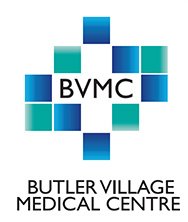Musculoskeletal Medicine
Musculoskeletal medicine embodies all medical disciplines that deal with the diagnosis of acute and chronic conditions affecting the musculoskeletal system in adults and children, including the psychosocial impact of these conditions.
Musculoskeletal conditions may result from a wide range of processes including injury, inflammation, infection, metabolic or endocrinological conditions and the normal aging process.
Musculoskeletal medicine incorporates aspects of orthopaedics, rheumatology, rehabilitation medicine and pain medicine.
Musculoskeletal, or orthopaedic medicine, includes common ailments such as whiplash, back and buttock pain where findings on radiological investigation do not often correlate strongly with the clinical presentation, requiring a detailed clinical examination to assess biomechanical dysfunction and to interpret referred pain patterns. This subspecialty provides professional links between medical practitioners and allied health disciplines such as physiotherapy, occupational therapy, osteopathy, chiropractic, myotherapy and exercise physiology.
Musculoskeletal conditions cause a significant pain burden in the community that often involve complex psychological processes. Psychological conditions can result in somatic pain and many people with chronic pain have comorbid psychological diagnoses.
The successful management of musculoskeletal conditions requires a holistic, patient centred approach.
Click here for more information.









